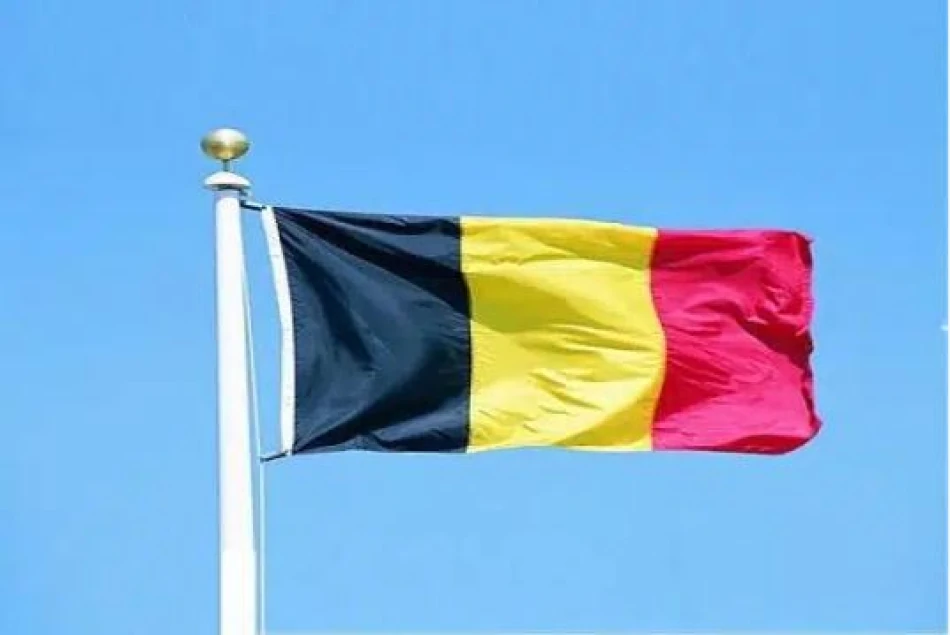
Belgium to Recognize Palestine as a Sovereign State, Following France's Lead
Belgium Joins Growing Western Coalition to Recognize Palestinian Statehood This September
Belgium has become the latest Western nation to commit to recognizing Palestinian statehood during the upcoming UN General Assembly meetings in New York this September, with Foreign Minister Maxime Prévot also announcing plans for "strict sanctions" against Israel. The move reflects a significant shift in European diplomatic strategy as over 12 Western countries now prepare to follow France's lead in a coordinated recognition effort.
A Coordinated Diplomatic Push
Foreign Minister Prévot announced Belgium's decision via social media, stating that the country would recognize Palestine during the UN General Assembly sessions running from September 9-23. The timing aligns with French President Emmanuel Macron's earlier announcement, suggesting a carefully orchestrated European diplomatic initiative rather than isolated national decisions.
Belgium's position goes beyond symbolic recognition. Prévot indicated that Brussels intends to impose sanctions on the Israeli government while simultaneously targeting Hamas, framing the approach as pressure on both parties to the conflict.
The Domino Effect in Western Diplomacy
The Belgian announcement represents part of a broader realignment in Western diplomatic positions. Since France's initial commitment, more than 12 Western nations have signaled their intention to recognize Palestinian statehood, marking a departure from the traditional approach of leaving recognition contingent on a negotiated settlement.
Conditional Recognition Strategies
Different countries are adopting varying approaches to recognition. While Belgium and France appear committed to September recognition, Britain has taken a conditional stance, indicating it will recognize Palestine only if Israel refuses to agree to a Gaza ceasefire. Canada and Australia have also announced their intention to recognize Palestinian statehood, though specific timelines remain unclear.
Strategic Implications for Middle East Diplomacy
This coordinated Western recognition effort could fundamentally alter the diplomatic landscape surrounding the Israeli-Palestinian conflict. Historically, the United States and its European allies maintained that Palestinian statehood should emerge through direct negotiations rather than unilateral recognition.
Pressure Points and Leverage
The September timing appears strategically chosen to maximize diplomatic pressure. The UN General Assembly provides a high-profile international platform, while the coordination among Western allies prevents Israel from dismissing individual recognitions as outlier positions. The combination of recognition with sanctions threats suggests European nations are moving beyond symbolic gestures toward concrete policy changes.
Breaking with Traditional Diplomatic Orthodoxy
Belgium's decision to join what Prévot called the "New York Declaration" signatories represents a significant departure from decades of Western diplomatic practice. The traditional two-state solution framework emphasized negotiated agreements between the parties, with recognition following successful talks rather than preceding them.
This shift reflects European frustration with the stalled peace process and growing concern over the humanitarian situation in Gaza. By framing recognition as a pathway toward rather than a reward for the two-state solution, European nations are attempting to reset the diplomatic framework entirely.
The success of this coordinated approach will likely depend on the scope of participation and the specific policy measures that accompany recognition. If the September initiative gains momentum among major European powers, it could represent the most significant shift in Western Middle East diplomacy in decades.
Most Viewed News

 Sara Khaled
Sara Khaled






